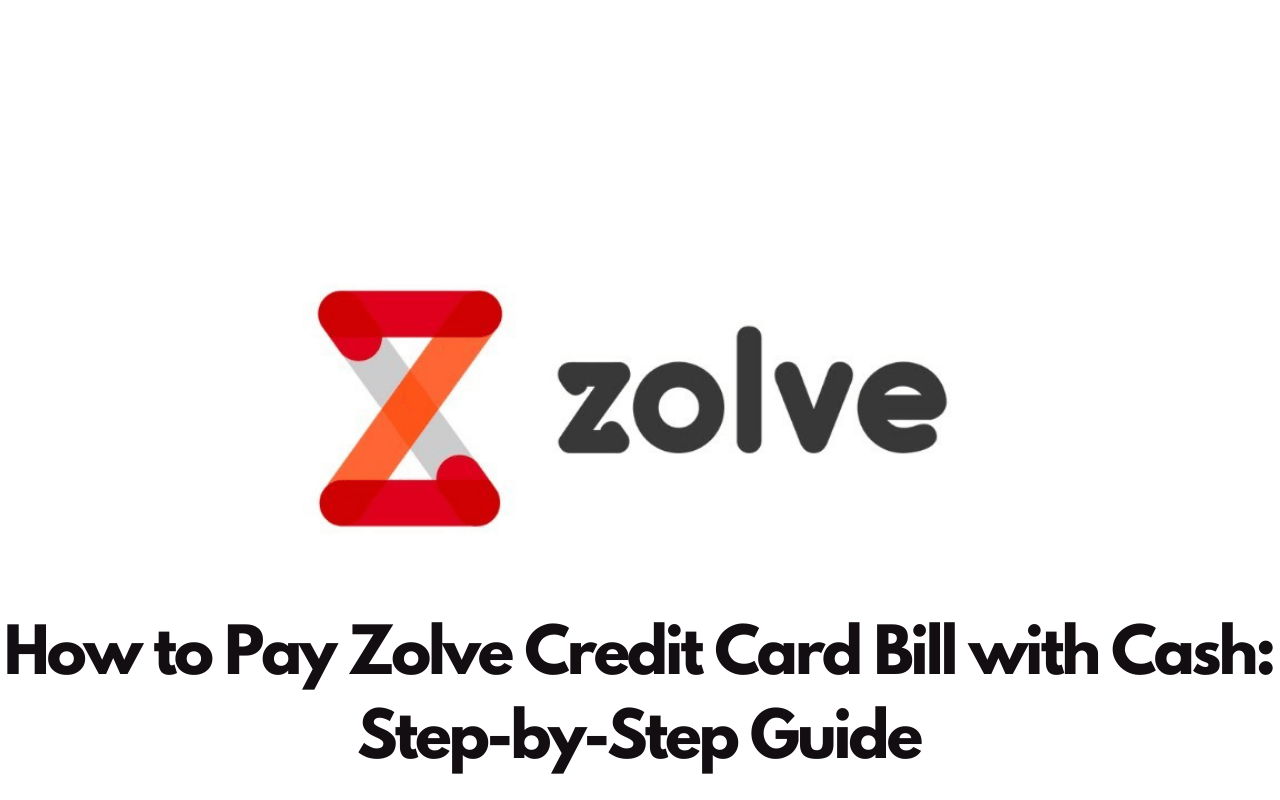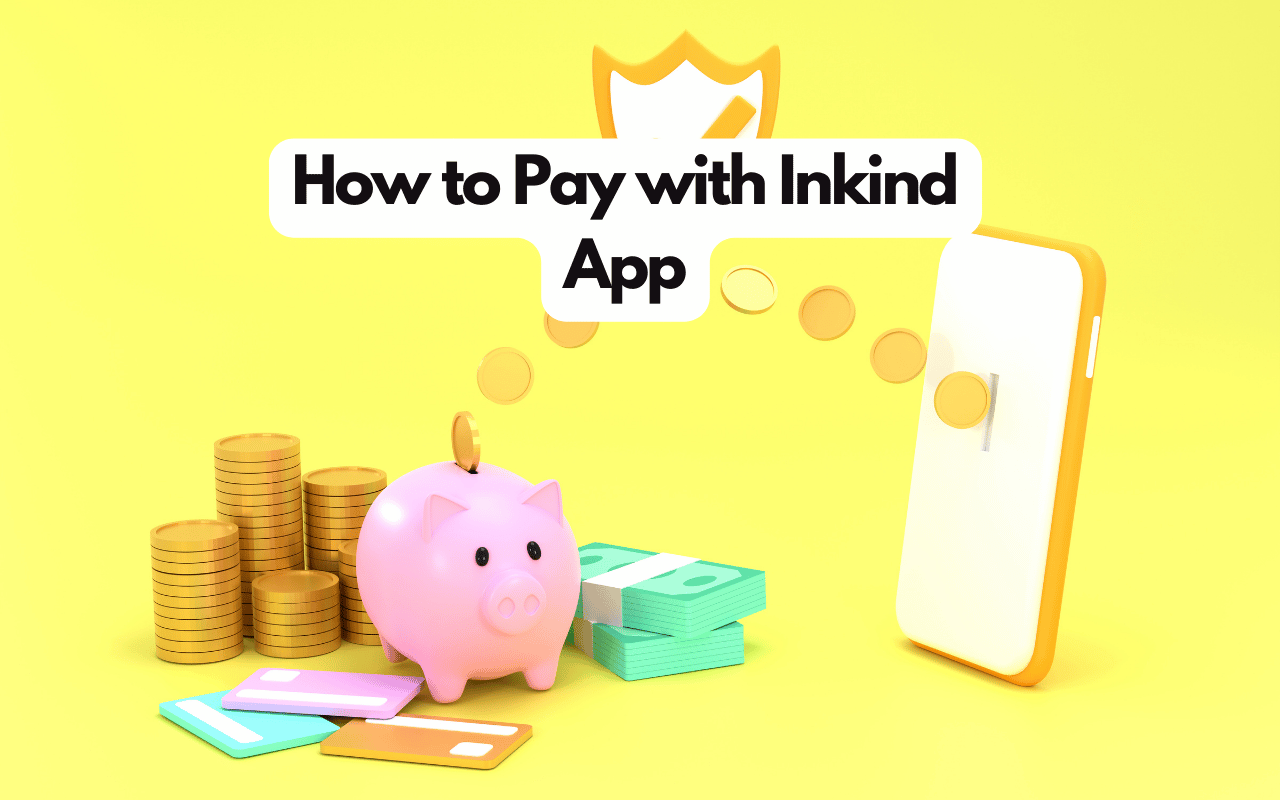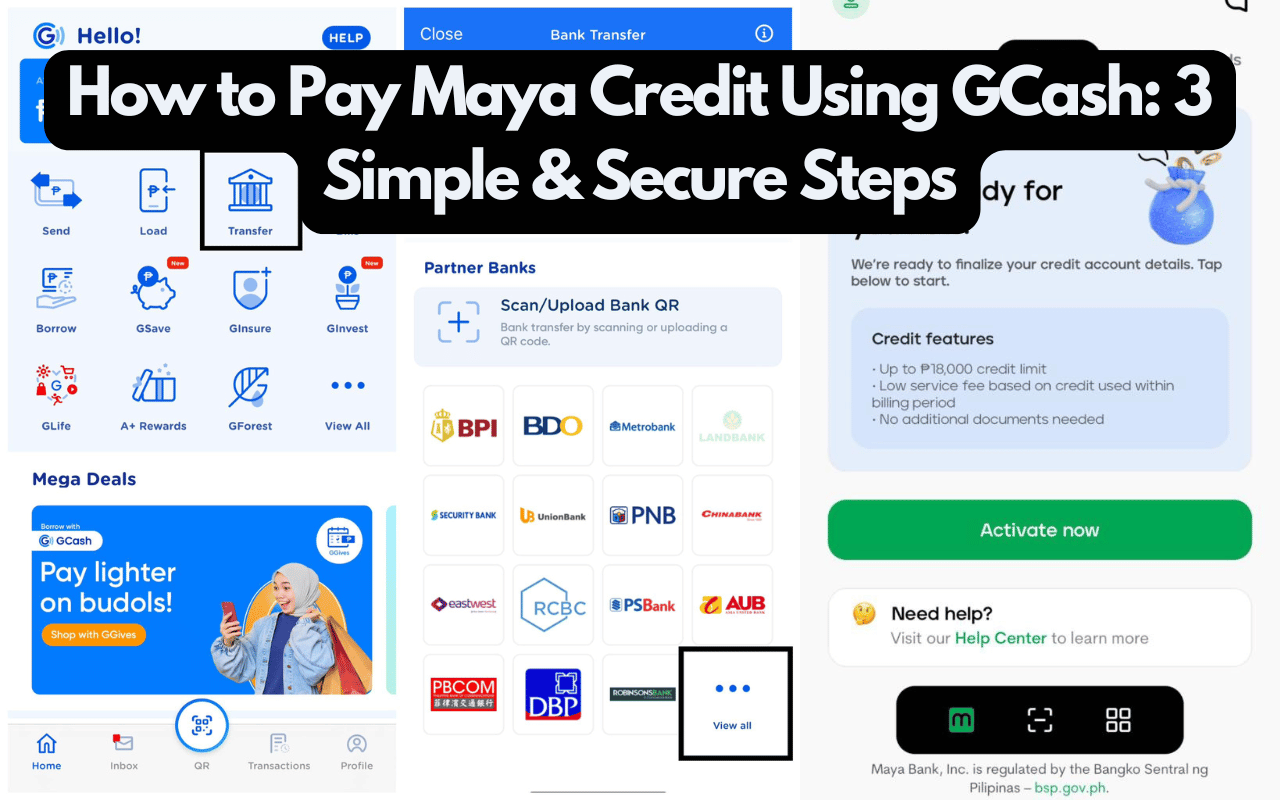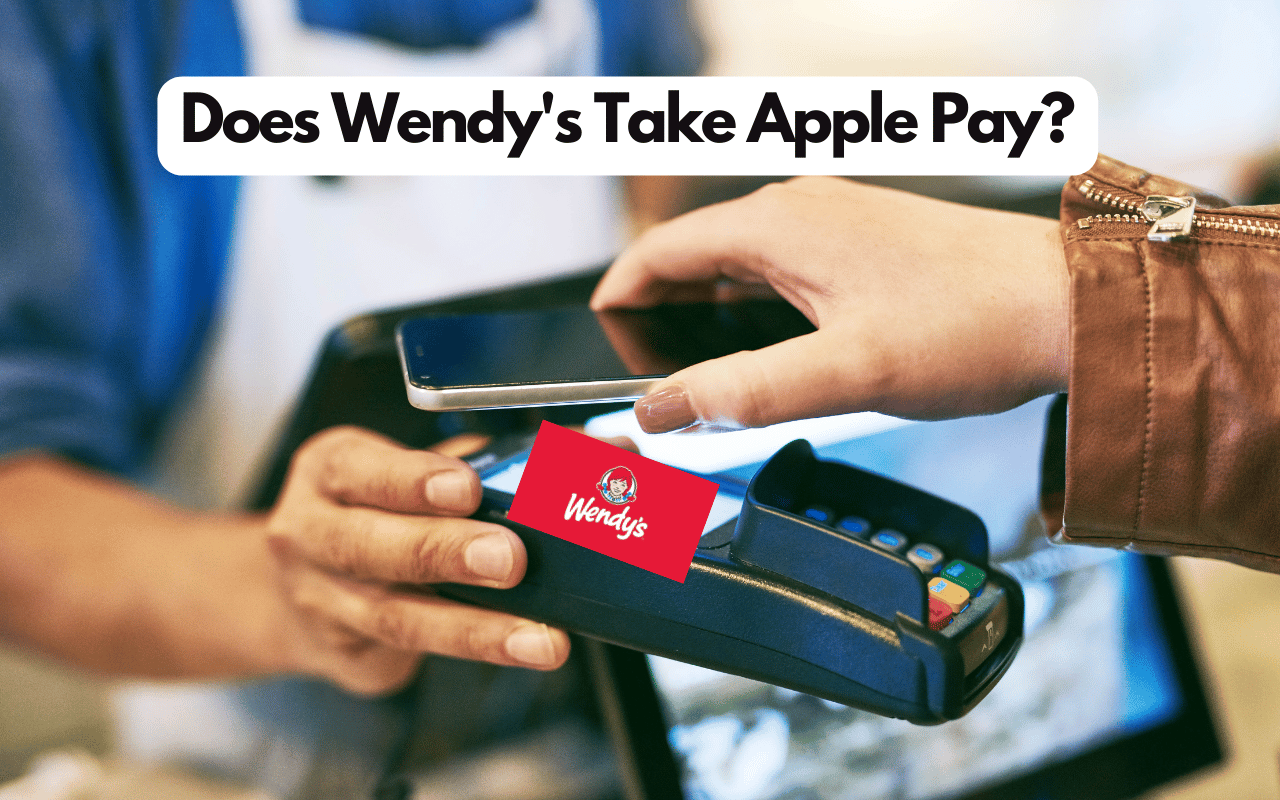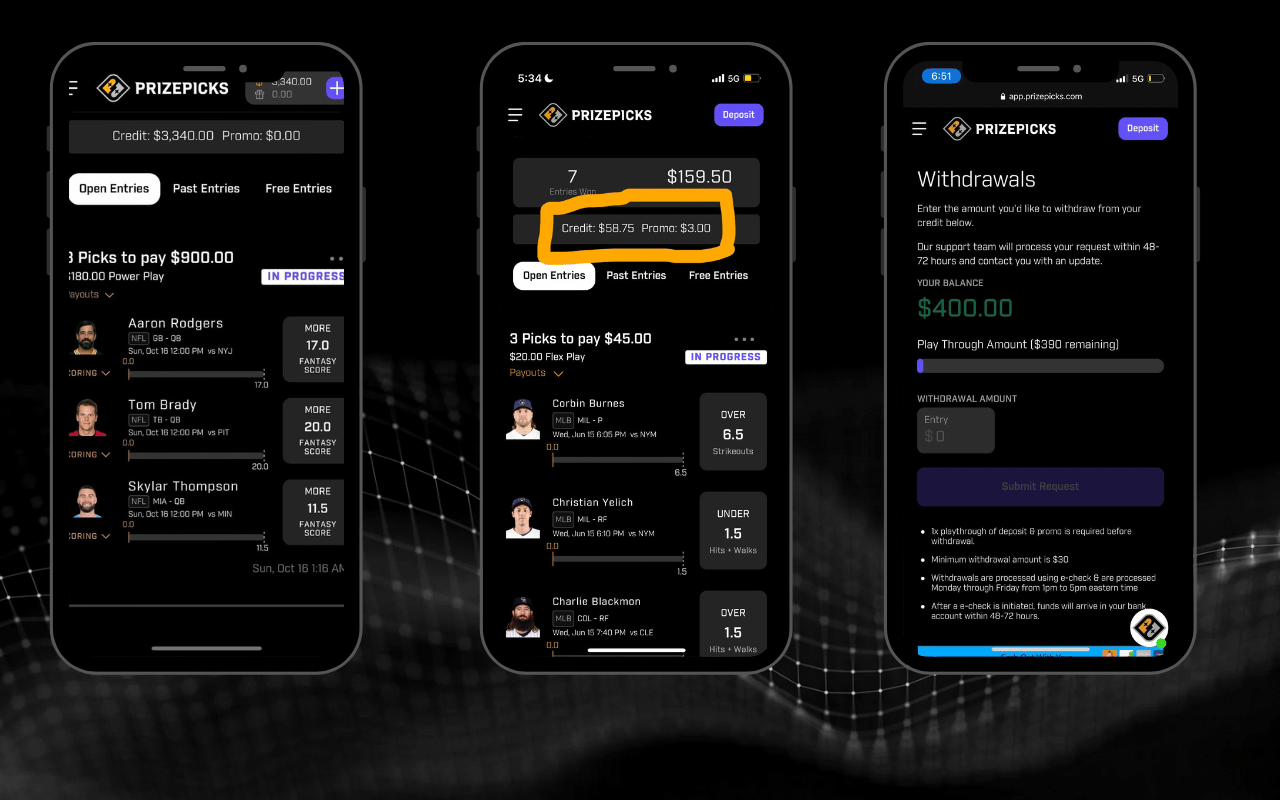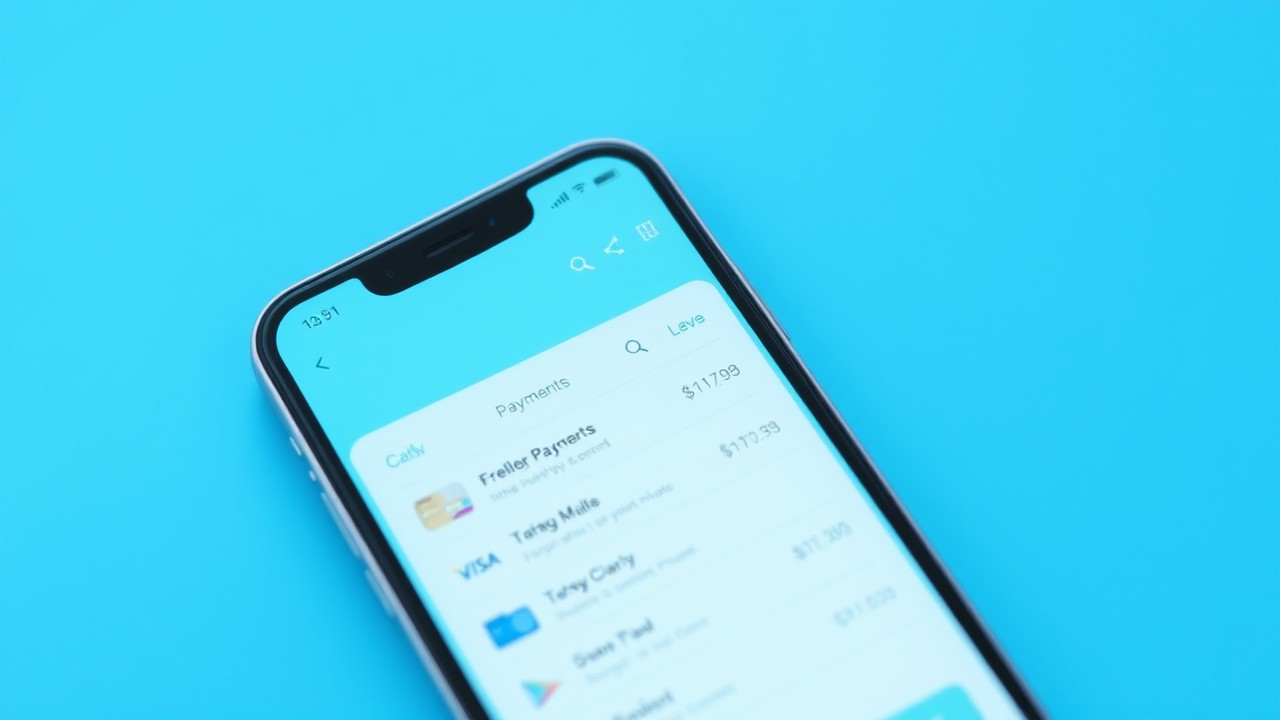How to Pay Online: Secure Digital Payment Methods Explained

In today’s digital age, learning how to pay online is an essential skill that offers convenience and flexibility for managing financial transactions. Whether you’re settling bills, purchasing goods, or subscribing to services, the ability to execute secure digital payments can save you time and often, money. This guide will walk you through the various online payment methods, from credit and debit cards to innovative e-wallets and bank transfers, ensuring you can navigate the e-commerce landscape with confidence. We’ll also cover the best practices for keeping your financial information safe, so you can make transactions without the worry of compromising your security. With a few clicks or taps, you’ll be ready to harness the power of online payments, making your financial dealings as seamless and hassle-free as possible.
- How to Pay Online: Secure Digital Payment Methods Explained
- Which İs The Best Way To Pay Online?
- If You Want to Avoid Fees:
- If You Need to Recoup Your Money:
- Payment Methods Overview:
- Direct Deposit:
- Poli:
- BPAY:
- Eftpos Online (Cheque or Savings):
- Visa or MasterCard Debit:
- Visa or MasterCard Credit:
- American Express:
- PayPal:
- Visa Checkout:
- MasterPass:
- How can I pay online without an account?
- Alternative Online Payment Methods
- What is the safest method of payment online?
- Credit Cards
- ACH Payments
- Stored Payment Credentials
- Secure In-Person Payment Methods
- 1. Credit Cards with EMV Chip Technology:
- 2. Credit Cards with Contactless Payment:
- Payment Apps
- Is It Safe To Pay Bills Online With Checking Account?
- Does Paypal Charge A Fee?
- Receiving Payments from a Purchase:
- International Transactions:
- Personal Payments with Debit or Credit Card:
- Currency Conversion:
- Transferring Funds to Bank Account with Debit or Prepaid Card:
Which İs The Best Way To Pay Online?
Selecting the right payment method depends on your specific circumstances. Here are some general guidelines:
If You Want to Avoid Fees:
– Poli, BPAY, and Debit Cards: These options are generally less likely to incur fees. Digital wallets like PayPal may also help you avoid surcharges. It’s important to note that if additional costs, such as surcharges, are not clearly stated in the initial price, the business should essentially provide a fee-free payment option.
If You Need to Recoup Your Money:
– If you’re unsure about the legitimacy of the person or company you’re dealing with or have concerns about potential bankruptcy, it’s better to use a payment method that provides chargeback rights, such as a credit card, PayPal, or Eftpos Online.
Payment Methods Overview:
Direct Deposit:
– Getting your money back: Limited protections for mistaken transactions.
– Fees to consumer: Fee-free.
Poli:
– Getting your money back: Subject to retailer terms and conditions.
– Fees to consumer: Fee-free.
BPAY:
– Getting your money back: Subject to retailer terms and conditions.
– Fees to consumer: Your bank may charge you a fee for using BPAY.
Eftpos Online (Cheque or Savings):
– Getting your money back: Chargeback rights.
– Fees to consumer: Fees may be passed on, typically around 0.5%.
Visa or MasterCard Debit:
– Getting your money back: Chargeback rights, provided you select the credit option.
– Fees to consumer: Fees may apply, with a median surcharge of 1.5%.
Visa or MasterCard Credit:
– Getting your money back: Chargeback rights.
– Fees to consumer: Fees may apply, with a median surcharge of 1.5%.
American Express:
– Getting your money back: Chargeback rights.
– Fees to consumer: Fees may apply, with a median surcharge of 1.5–2%.
PayPal:
– Getting your money back: No guarantees through Buyer Protection, but chargeback rights apply if you paid with a relevant card.
– Fees to consumer: Fees may apply.
Visa Checkout:
– Getting your money back: Chargebacks can be requested through the card scheme you use for payment.
– Fees to consumer: Card surcharges may apply.
MasterPass:
– Getting your money back: Chargebacks can be requested through the card scheme you use for payment.
How can I pay online without an account?
Online shopping has seamlessly integrated into our daily routines, providing unmatched convenience and a plethora of payment options. However, there are instances where you may wish to make an online purchase without relying on your conventional debit card. The question arises: “Is it possible to buy online without my bank debit card?” Let’s delve into the possibilities.
Absolutely. There exist diverse methods that empower you to make online purchases without the necessity of your physical bank debit card. These alternatives not only offer convenience but also augment the security layers surrounding your transactions.
Alternative Online Payment Methods
Exploring alternative online payment methods proves to be an efficient strategy for shopping online without the reliance on a traditional debit card. These alternatives not only elevate the security protocols of your transactions but also provide enhanced flexibility and convenience. Ranging from digital wallets to bank transfers and prepaid options, a diverse array of methods caters to various shopping needs and preferences.
Digital Wallets: Services such as PayPal, Google Pay, and Apple Pay enable you to link your bank account or card information, facilitating secure online payments without the need to input your card details on multiple websites.
Bank Transfers: Certain online retailers offer the flexibility to pay directly from your bank account using services like Klarna, streamlining the payment process.
Amazon Pay: For avid Amazon shoppers, Amazon Pay leverages your stored account information, enabling seamless payments on other websites without the necessity of re-entering your card details.
Prepaid Cards: These cards, loaded with a specific amount of money, present a viable alternative if you prefer not to disclose your bank details during online transactions.
Gift Cards and Vouchers: Many online stores provide the option to purchase gift cards or vouchers in advance, which can be utilized later for online purchases.
Cryptocurrency: While less common, some retailers and services now accept cryptocurrencies like bitcoin as a form of payment, broadening the spectrum of available options.
By exploring these alternative methods, you not only diversify your payment options but also ensure a secure and tailored approach to your online shopping experience.
What is the safest method of payment online?
If you’re aiming to enhance the security of your online transactions in 2023, exploring the following online payment methods is crucial.
Credit Cards
Undoubtedly, credit cards stand out as the most secure and reliable payment method for online shopping. Employing advanced online security features such as encryption and fraud monitoring, credit cards ensure the safety of your accounts and personal information. The zero fraud liability coverage offered by most issuers guarantees that you won’t be held responsible for any fraudulent transactions charged to your credit card.
Additionally, the Fair Credit Billing Act (FCBA) limits your legal liability to a maximum of $50 for fraudulent charges on a credit card. This protective measure means that even if unauthorized individuals obtain your credit card number, your liability is capped at $50, irrespective of the amount spent.
ACH Payments
Automated Clearing House (ACH) payments enable direct fund transfers from your checking account to another bank account. This payment network incorporates robust security features, including encryption and access controls, ensuring the safeguarding of your banking information.
Stored Payment Credentials
The 2022 How We Pay Digitally study by PYMNTS revealed that 80 percent of online shoppers utilized stored payment credentials across various online accounts for their transactions in 2022. For increased security in purchases made with stored payment information, it is advisable to set up a credit card with zero fraud liability as the preferred method of payment.
Secure In-Person Payment Methods
Technological advancements have significantly enhanced the security of in-person payments, particularly those made through mobile devices. The following in-person payment methods offer heightened security features to protect your personal information.
1. Credit Cards with EMV Chip Technology:
The traditional magnetic strip on credit cards has been replaced by EMV chip technology, making in-person payments more secure. The chip transmits unique, encrypted information for each transaction, eliminating the risk of counterfeit fraud.
2. Credit Cards with Contactless Payment:
Contactless payments, utilizing technology similar to EMV chip and pin credit cards, involve holding your card above the payment terminal. The terminal receives an encrypted, one-time use code for the transaction, enhancing security. This method gained popularity before the COVID-19 pandemic and has continued to grow in use.
Payment Apps
Payment apps such as PayPal, Google Pay, Apple Pay, and Facebook Pay provide a centralized platform for storing multiple payment methods, prioritizing both convenience and security. These apps offer features like multi-factor authentication, notifications, and biometric recognition (facial or fingerprint).
For instance, Apple Pay requires a passcode on your device and allows additional security measures like Face ID or Touch ID. Importantly, Apple Pay does not store or access your payment information, nor does it retain any transaction details tied to you.
Is It Safe To Pay Bills Online With Checking Account?
Online bill pay comes as a built-in feature with online bank accounts, and these accounts are generally recognized for their high level of security. Banking websites employ various protective measures, including multifactor authentication, alerts for suspicious activities, and robust website encryption, ensuring the safety of your accounts.
One notable advantage of online bill pay is its contribution to heightened payment security by minimizing the risk of falling victim to phishing scams. Phishing, a deceptive technique that leverages fake emails to manipulate individuals into making fraudulent payments, becomes less likely when online bill pay is in place. According to Jeremy Bohne, the founder of Paceline Wealth Management in Boston, individuals using online bill pay are not susceptible to receiving payment requests via email, as all bills are seamlessly managed through the online account.
While online bill pay enhances security, Bohne emphasizes the importance of regularly reviewing monthly statements. He cautions that despite the ease of identifying fraudulent charges through statement reviews, individuals who overlook this crucial step may miss such discrepancies. In such cases, the opportunity to dispute a charge could elapse unnoticed.
To mitigate the risk of overlooking suspicious charges, it is recommended to consistently review statements and establish notifications for bill payment charges. This proactive approach ensures that any discrepancies are promptly identified and addressed within the dispute timeframe.
Does Paypal Charge A Fee?
Opening a PayPal account or downloading the PayPal app comes with no associated fees. However, it’s important to be aware of the following instances where fees may apply:
Receiving Payments from a Purchase:
When you receive payments as a result of a purchase transaction.
International Transactions:
Fees are applicable when you receive payments from individuals outside your country or region.
Sending payments to someone in another country also incurs a fee.
Personal Payments with Debit or Credit Card:
Fees are charged when sending personal payments using a debit or credit card.
Currency Conversion:
If you convert currencies, a fee will be applied to the transaction.
Transferring Funds to Bank Account with Debit or Prepaid Card:
When transferring funds from your PayPal account to your bank account using an eligible debit or prepaid card, fees are applicable.
No cost is incurred if you opt for a direct transfer from your PayPal account to your bank account.
If you choose to receive a check, a small fee will be charged.
It’s crucial to stay informed about these fee scenarios to manage your transactions effectively. PayPal strives to offer transparent and user-friendly services, ensuring a seamless experience for all users.

